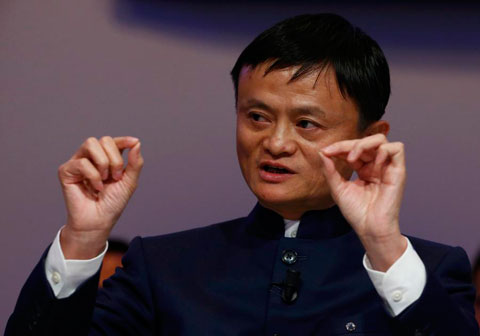S. Korean move leaves Chinese garlic farmers fuming
By Zhong Nan and Zhao Ruixue (China Daily) Updated: 2015-02-03 08:09Zhao Zhongxiu, a trade professor at the University of International Business and Economics in Beijing, said the intermediary company is the cause of the trade dispute as it did not read the bid documents carefully. "Therefore they couldn't understand all the requirements necessary for this specific agricultural product," he said.
"International trade is a tough business, in particular under the current global economic setting," said Zhao. "Chinese intermediary companies and exporters shouldn't sign the contract without sufficient knowledge about what is written on the tender."
Zhao said the Chinese government should also be aware that many exporters are still using methods applied in the domestic market to carry out international trade. Best garlic in the province does not mean it can pass the quality checks in a foreign country.
A similar garlic trade dispute with South Korea occurred in 2000, when the country promised to buy 32,000 tons of Chinese garlic, but imported only 22,000 tons. Amid falling prices and lower demand at home, South Korean garlic importers refused to buy more garlic.
Li Guoxiang, deputy director of the rural development institute at the Chinese Academy of Social Sciences, a government think tank, said that in agricultural product trade, China and many of its trading partners differ a lot in product quality, regular practices, policies, laws and regulation.
"However, many Chinese exporters don't know the disparities well. They lack experience, and many intermediary companies also are not qualified in certain specialized fields. It takes time to know and get used to the environment of overseas market," said Li.
Li said the rejected shipment surely will have an impact on bilateral trade as the two nations just completed negotiations on a free trade agreement last year.
- S. Korean move leaves Chinese garlic farmers fuming
- There's more to Anbang story than just meets the eye
- GDP: How far can it fall?
- Top 10 outbound M&A deals by Chinese companies 2014
- Minsheng stocks hit as ex-president investigated
- 5G to become available by 2020: Ericsson
- Chinese stocks down for fifth day
- 'New normal' brings new opportunity for low-carbon economy
















